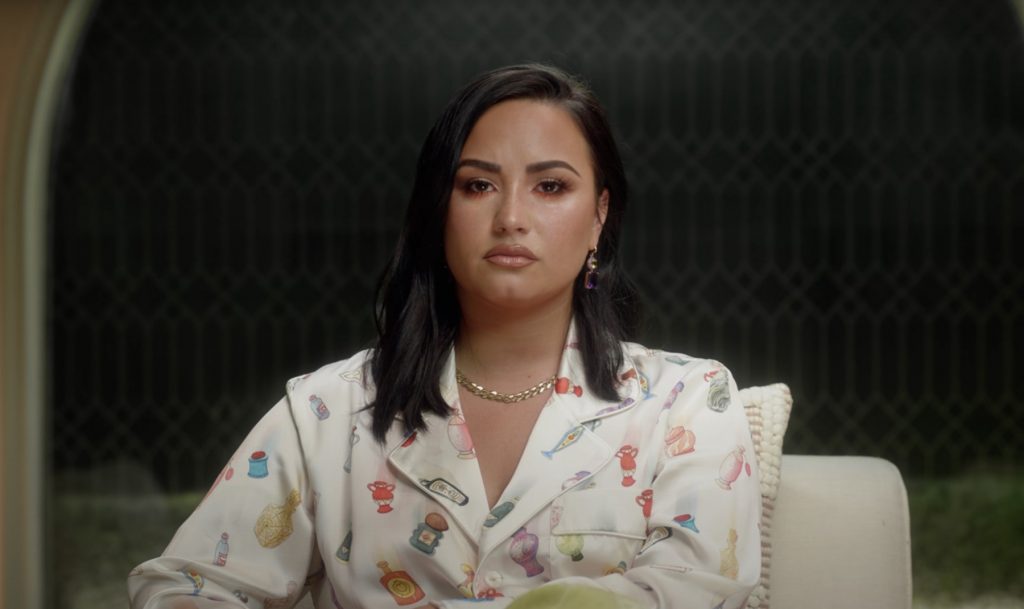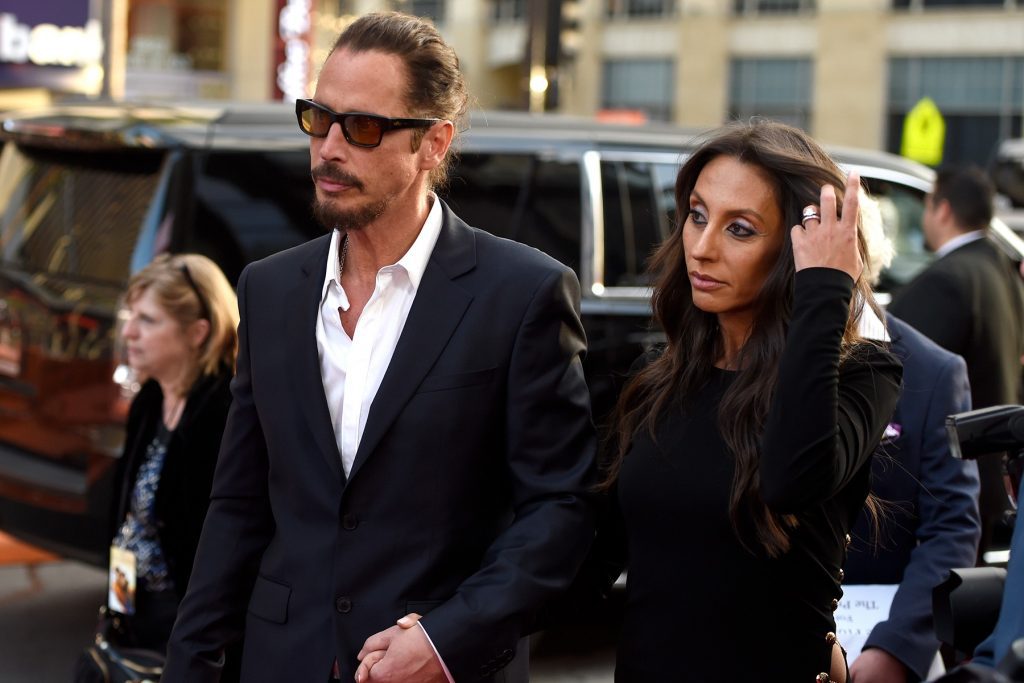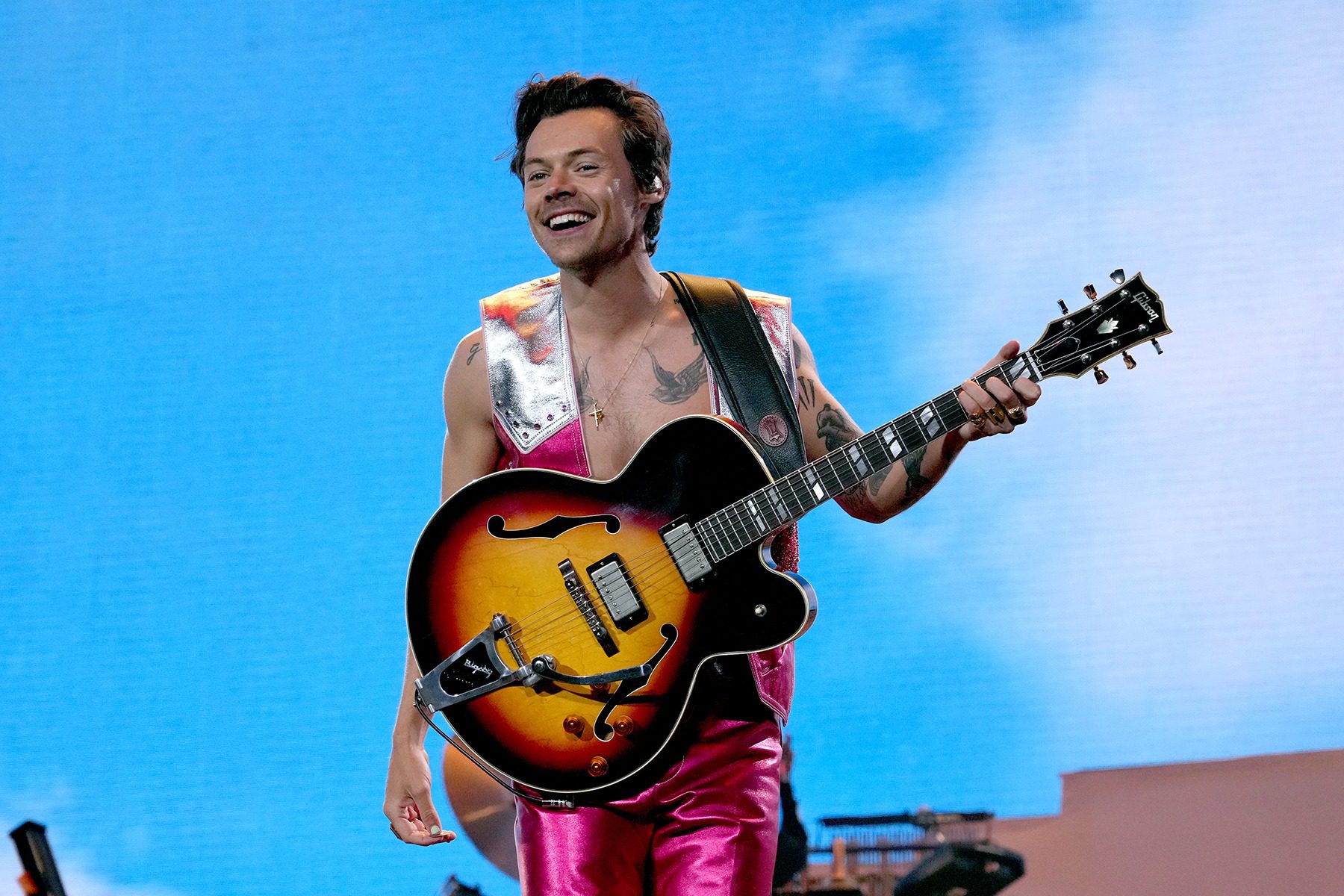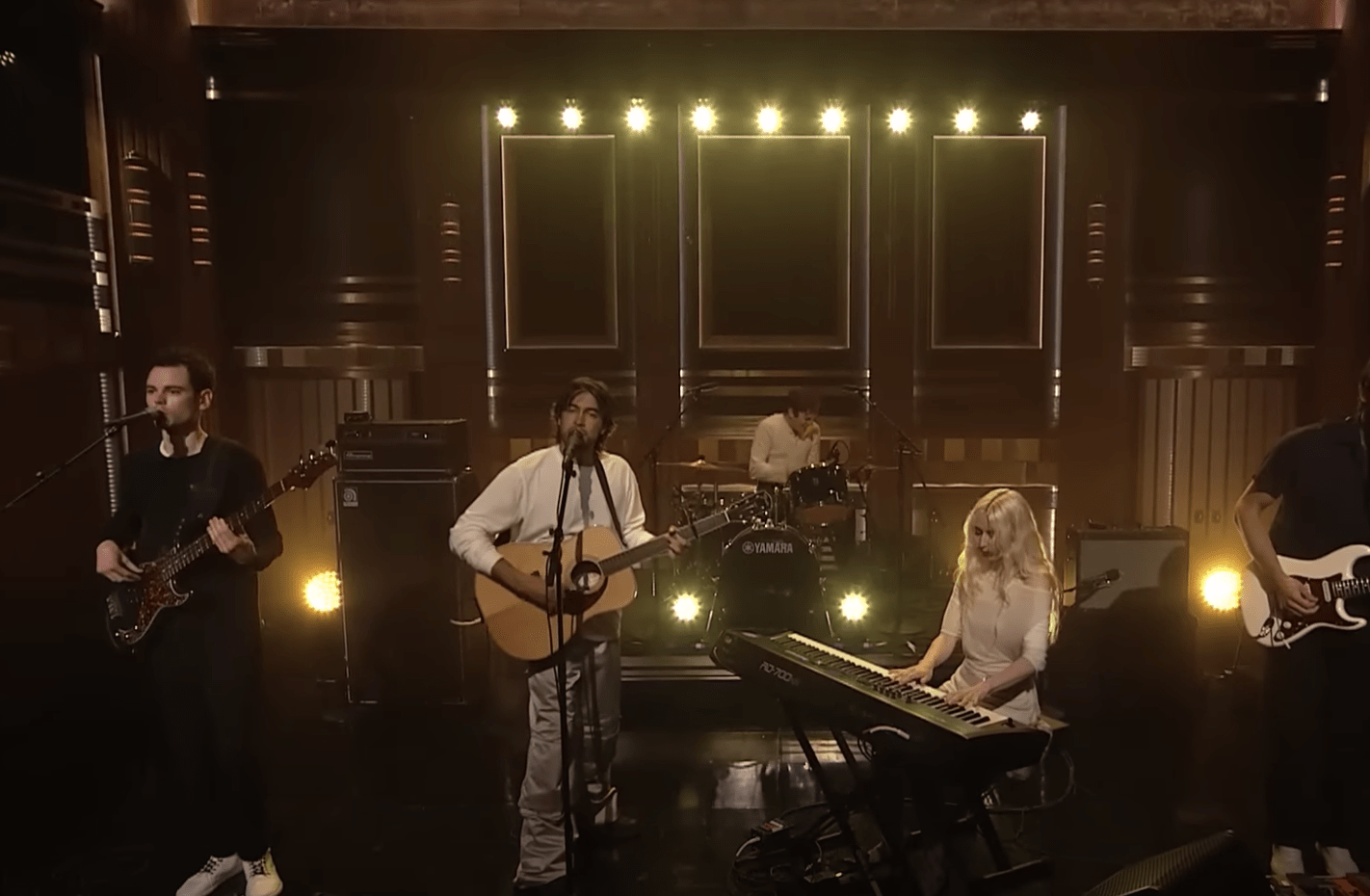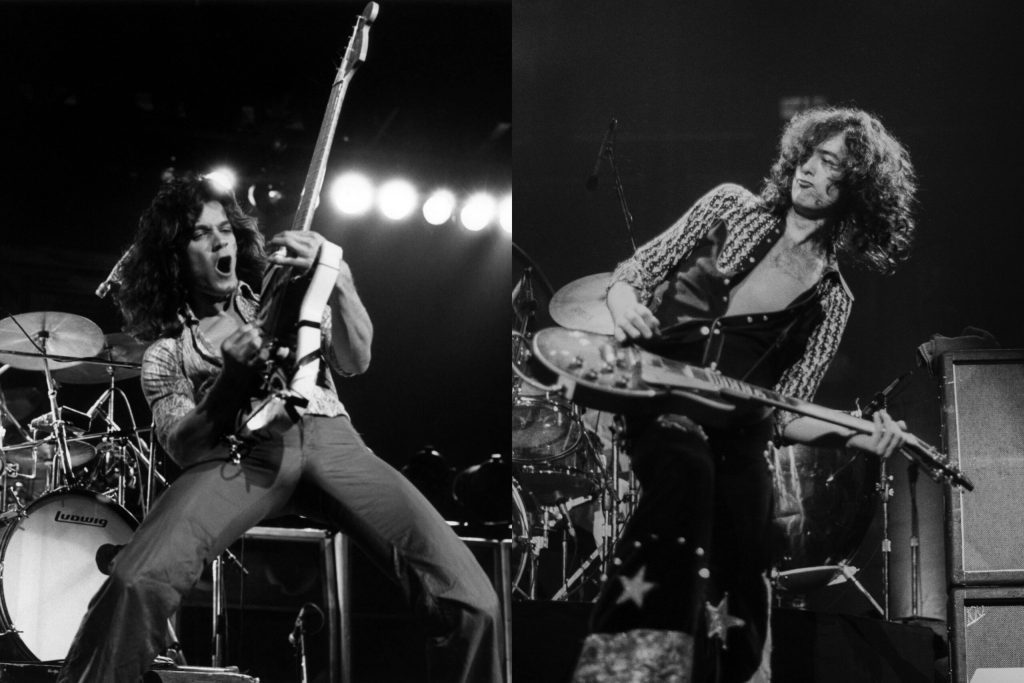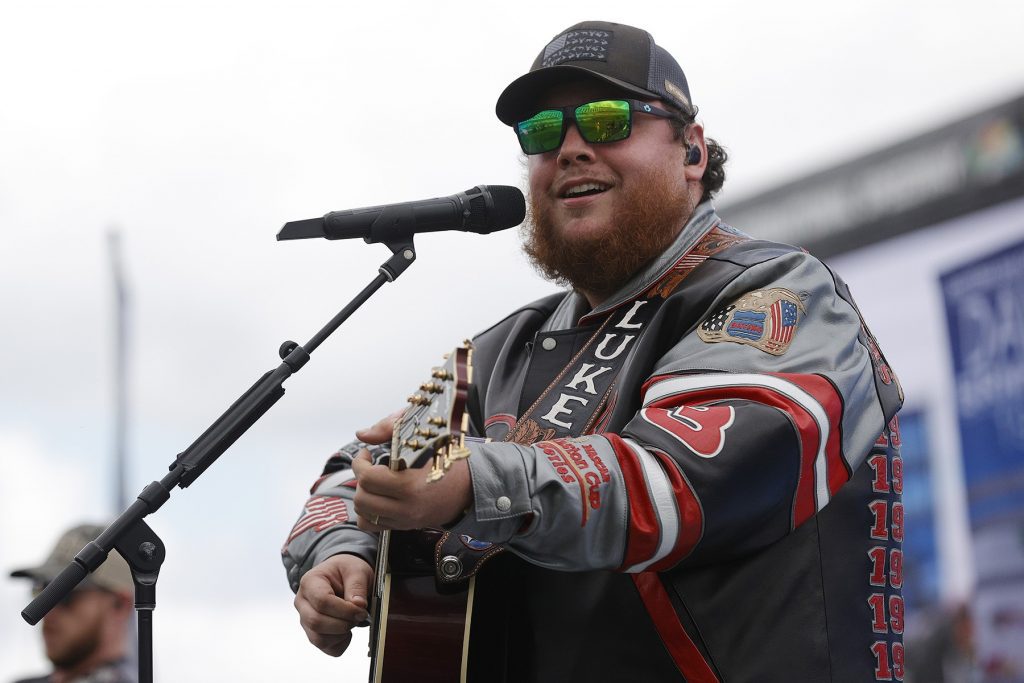
Luke Combs Disavows Past Confederate Flag Use: ‘There Is No Excuse’
Luke Combs responded to criticism about his past use of the Confederate flag on Wednesday, saying, “There is no excuse for those images.”
Combs made his remarks during a revealing panel discussion with Maren Morris during Country Radio Seminar, with critic Ann Powers moderating. The three touched on accountability and their roles as artists to make country music a more equitable place, with the national discussion around country music having grown louder in the days following Morgan Wallen’s episode using a racial slur on camera.
For his part, Combs had been facing some online backlash over old photographs from several years ago that resurfaced after his song “The Great Divide” was released. Speaking with Powers and Morris, he was unequivocal in issuing an apology.
“There’s no excuse for those images,” he said. “I’m not trying to say, ‘This is why they were there and it’s OK that they were there.’ It’s not OK. As a younger man, that was an image I associated to mean something else. As I’ve grown in my time as an artist, I am now aware how painful that image can be to someone else. No matter what I thought at the time, I would never want to be associated with something that brings so much hurt to someone else. I apologize for being associated with that. Hate is not part of my core values. It’s not something I consider a part of myself at all. I’m just looking to be here and not say ‘I’m so sorry, please forgive me.’ I’m trying to learn. I’m trying to get better.”
blogherads.adq.push(function () {
blogherads
.defineSlot( ‘medrec’, ‘gpt-dsk-tab-country-article-inbody1-uid0’ )
.setTargeting( ‘pos’, [“mid-article”,”mid”,”in-article1″,”btf”] )
.setSubAdUnitPath(“music//country//article//inbody1”)
.addSize([[300,250],[620,350],[2,2],[3,3],[2,4],[4,2]])
.setLazyLoadMultiplier(2)
;
});
Both Combs and Morris admitted they hadn’t always understood how the flag was viewed by black people.
“Can we just agree at these country music festivals, I see the Confederate flags in the parking lots. I don’t want to play those festivals anymore,” Morris said. “If you were a black person would you ever feel safe going to a show with those flying in the parking lot? No! I feel like the most powerful thing as artists in our positions is to make those demands of large organizations, festivals, promoters, that’s one of the things we can do is say, ‘No, I’m not doing this. Get rid of them.’”
The songwriters also noted that it was important for country musicians and the rest of the industry to acknowledge the genre’s interracial history, the main contributions of black talent, and the need to start working to make space in the present.
“If you’re a publisher and a black writer comes in, are you giving them the same look as you’re giving me if I come in?” Combs asked. “If you work at a label, are you giving everyone that walks through the door the exact same chance? That’s what it is. It’s not saying anyone deserves more of a chance as anyone else. We’re saying everyone deserves the same chance.”
Morris in particular referred to the Wallen incident as the kind of thing that made it necessary for people in country music to call out these misdeeds and keep people accountable, rather than closing ranks.
“If you really love something and this is a family, and you love it, you love country music, call it out when it’s bad so you can rid the diseased part, so we can move forward, all of us, all people of color, LQBTQIA+, and all feel like we are a part of the family,” Morris said. “Because this whole ‘We’re a family, we’re protecting our own’ — it’s protecting white people. It’s not protecting black people. That’s the long and the short of it.”
if(typeof(jQuery)==”function”){(function($){$.fn.fitVids=function(){}})(jQuery)};
pmc_jwplayer(‘jwplayer_c132tQIF_yTTJs9q5_div’).setup(
{“vloc”:”auto”,”floating”:true,”playlist”:”https:////content.jwplatform.com//feeds//c132tQIF.json”,”ph”:2}
);
